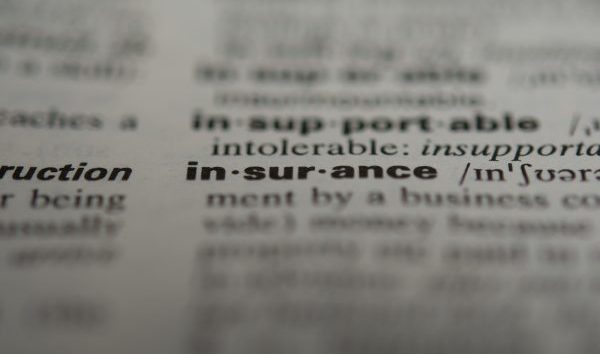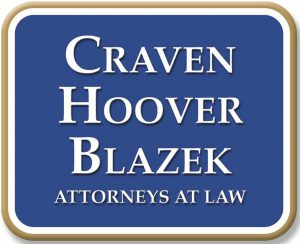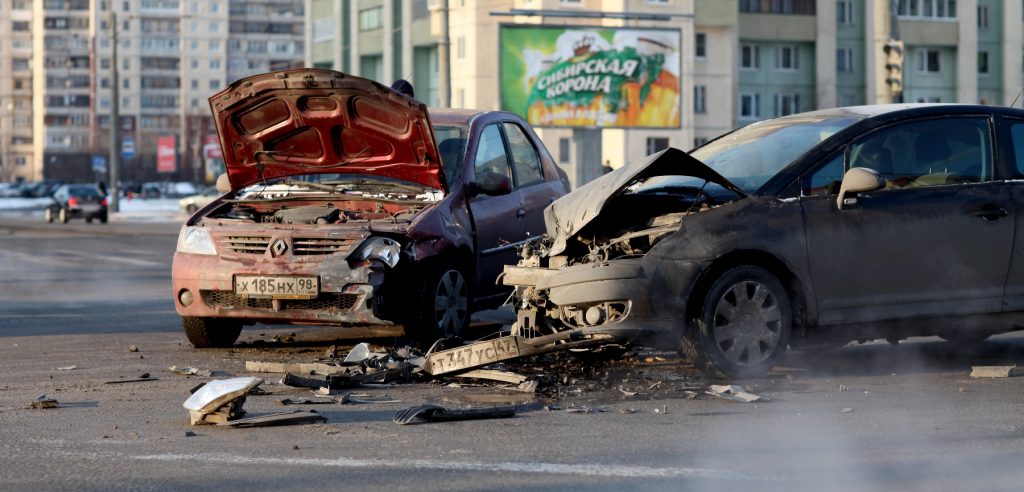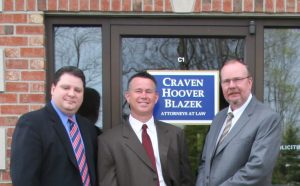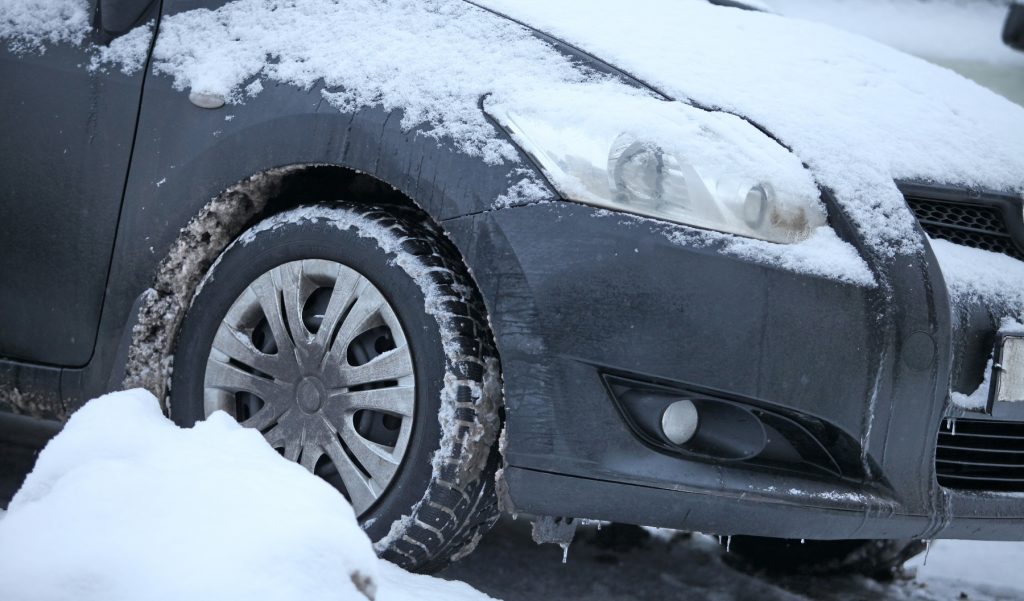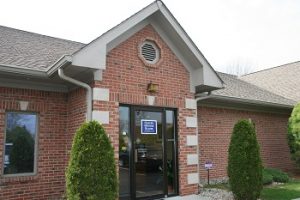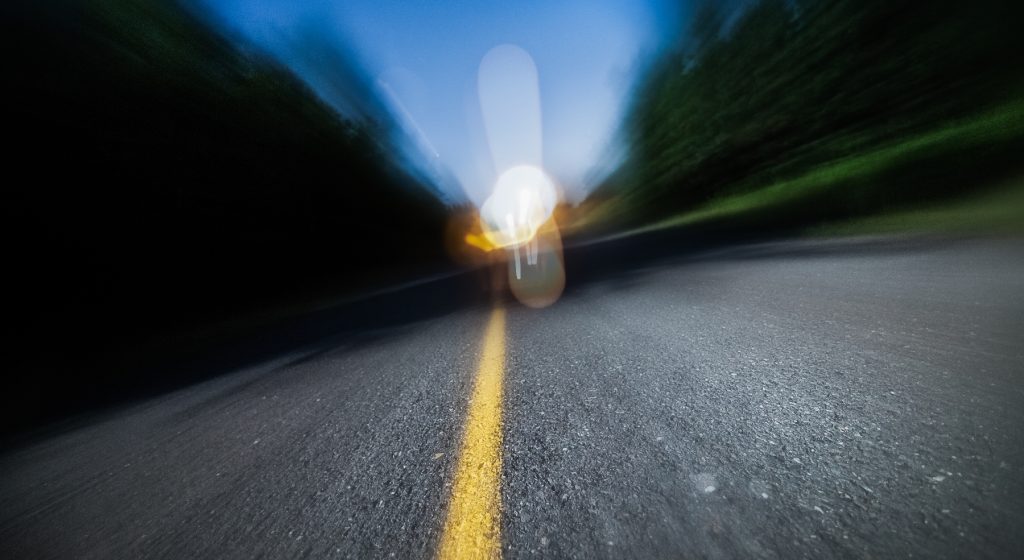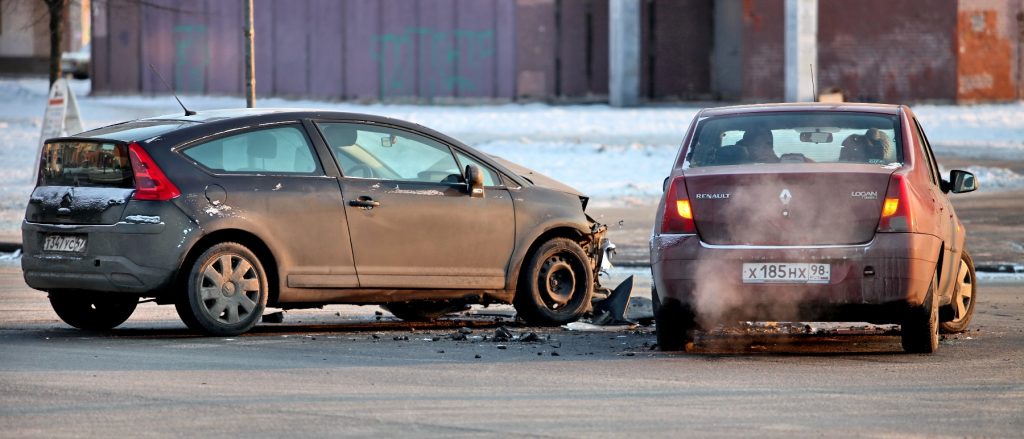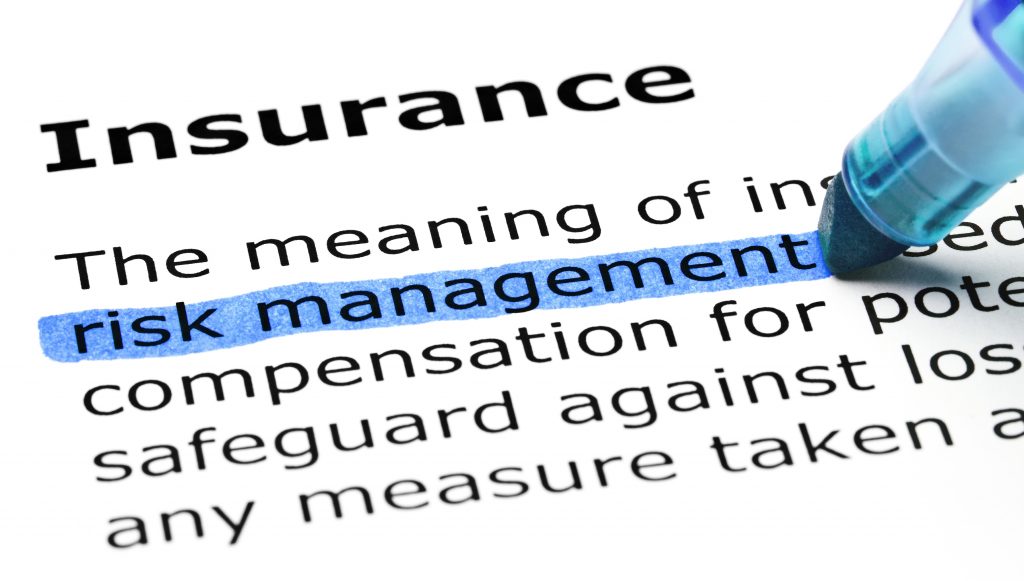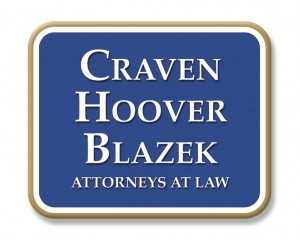In the vast majority of cases of car accident lawsuits, both parties usually avoid trial by settling the case with the assistance from their respective attorneys. This happens when the claimant party, or injured victim, agrees to a settlement offered by the opposing party’s insurance carrier. However, if both parties cannot come to a settlement agreement, the case will go to trial. Trials are serious matters, which is why it is vital to always have private personal injury representation as a wrongfully injured victim in Indiana. They can navigate your car accident case every step of the way.
For a better understanding of what this might involve, continue below to review the general steps of car accident injury trial.
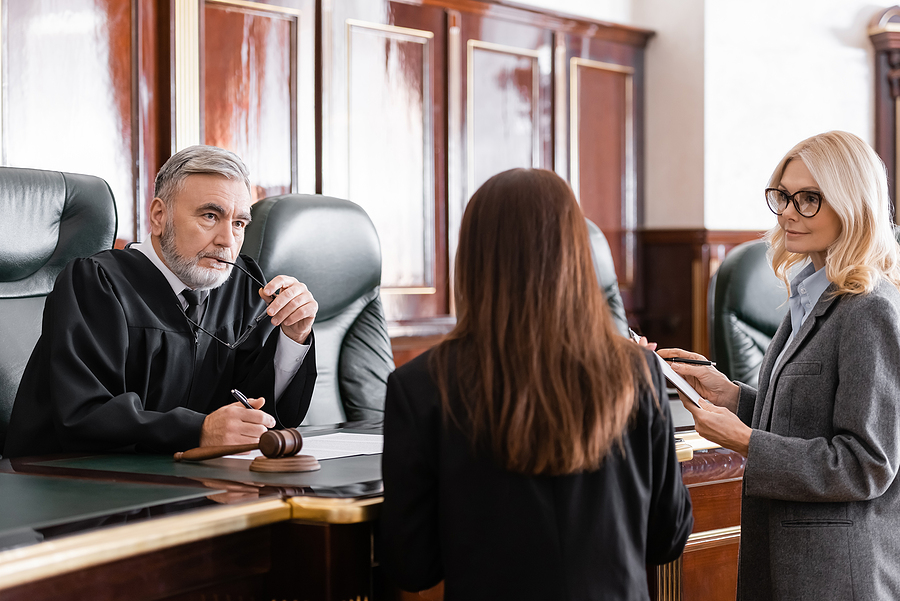
Car Accident Liability Disputes
In the case of a car accident liability dispute, a claimant has two options for resolution: they can settle with the insurance company or file a personal injury lawsuit. Settling with the insurance company would involve out-of-court settlement negotiations that would take place between the claimant party (injured victim and their legal team) and the insurance carrier.
If the insurance carrier offers a full and fair settlement for the injured victim’s damages and losses, the injured victim might agree to the settlement, and the case can be completed and closed. If the injured victim and their legal team reject the settlement offer by the insurance carrier, they can bring the case to court. At trial, a car accident injury dispute will be heard and decided normally by a jury and rarely by a judge.
Car accident injury cases tend to go to trial because they are high-value, or because they involve complicated factors surrounding liability and causation. It is important to have an experienced Indianapolis car accident lawyer working your case for the best possible chance at recovering the maximum settlement for your damages and losses.
What To Expect at a Car Accident Injury Trial
Your personal injury car accident lawyer will handle every aspect of your case, from start to finish. On your behalf, they will attend every hearing and pretrial meeting representing your best interests. The general phases of a car accident injury trial include discovery, mediation, jury selection, opening statements, presentation of evidence, closing arguments, jury deliberation, and verdict delivery.
Discovery Phase
The discovery phase is a type of pretrial meeting that takes place between the legal team of the claimant party (injured victim) and the legal team of the plaintiff party (insurance company). During this phase, the lawyers will exchange information relevant to the case by means of depositions, interrogatories, or other requests for evidence.
Jury Selection
Following the discovery phase, both the plaintiff and claimant legal teams will interview a panel of potential jurors by asking them several questions. They will need six qualified jurors and one alternate in Indiana.
Opening Statements
Once the trial begins, both sides will make opening statements to the court and jury. These statements outline what the lawyer intends on proving throughout the proceedings.
Presentation of Evidence
During this stage of a car accident injury trial, both legal teams for each side will present the evidence they have that proves their case. Such evidence might include documents, records, witness testimonies, expert testimonies, photographs, videos, receipts, and relevant evaluations.
Closing Arguments
Towards the end of the trial, after all evidence has been presented and argued, the claimant’s lawyer and the plaintiff’s lawyer will make closing arguments. These are similar to opening statements in that they summarize all facts and testimony presented and proved throughout the trial.
Jury Deliberations
During this phase of a car accident trial, the jury will deliberate and ultimately decide whether the claimant met their burden of proof or not.
Verdict
After the jury and judge decide that the claimant party did meet their burden of proof and therefore the opposing party’s liability in the case, they will be award financial compensation. If the judge and jury decide that the claimant party failed at meeting this burden, the case will be closed, and they would receive no compensation.
Are you ready to discuss the legal options you have surrounding your recent and wrongful car accident in Indiana? Contact the Law Office of Craven, Hoover, and Blazek P.C. at 317-881-2700 to schedule a free initial case evaluation for your car accident injury lawsuit in Indianapolis, Indiana. We represent injured persons and the loved ones following the wrongful death of a relative throughout the State of Indiana. We also represent Hoosiers who were injured and the Estates of persons wrongly killed in other states.
Related Posts:
Recurrent Types of Commercial Trucker Safety Violations
What You Need to Know About Car Accident Claim Demand Letters
Understanding Onset of Injuries After a Car Accident

